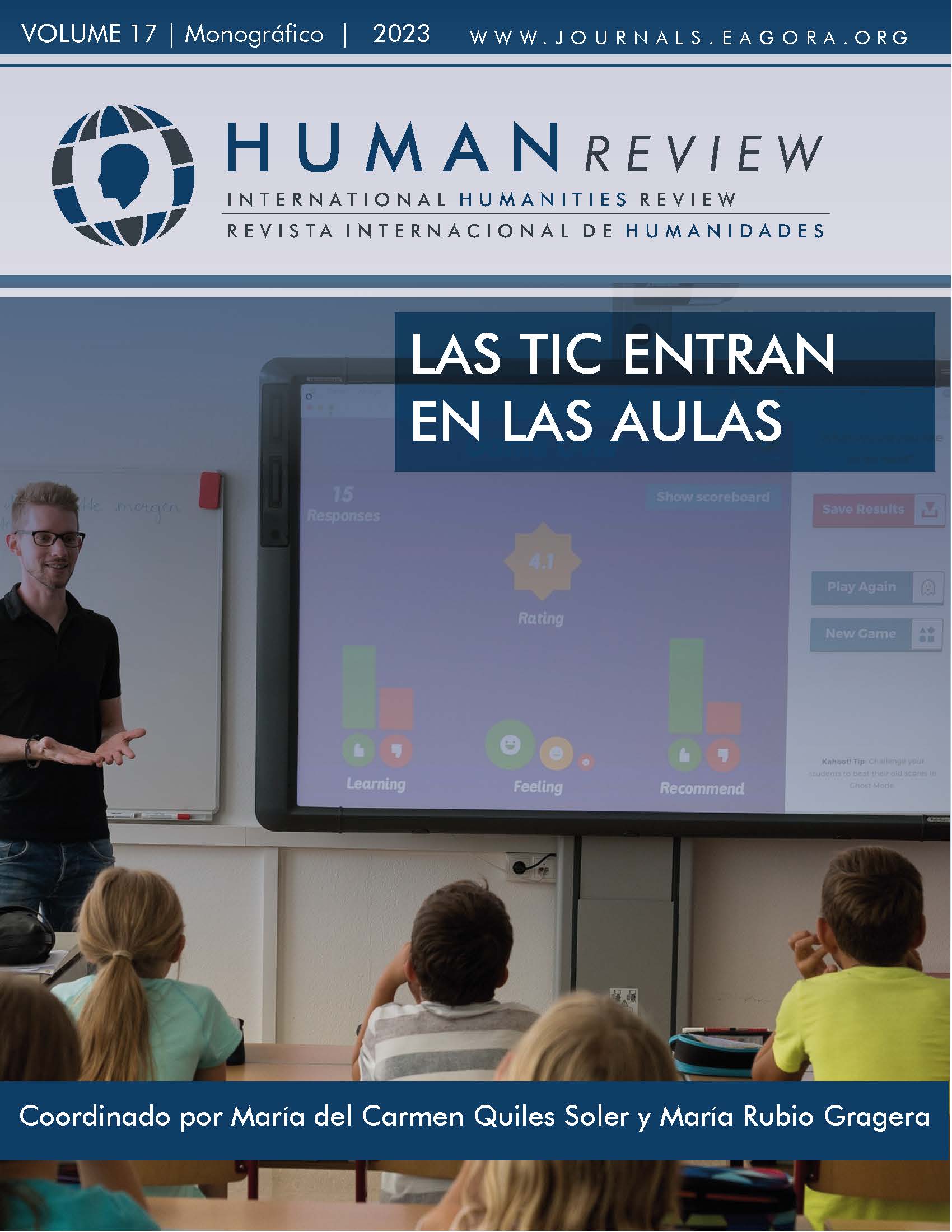Impact of virtual education on the student learning process
DOI:
https://doi.org/10.37467/revhuman.v12.4751Keywords:
Education, Student, Teacher, Technology, Learning, AcademicAbstract
The incidences of virtuality in the learning process of students of the Faculty of Economic and Administrative Sciences of the National University of Itapúa (FACEA). The objective is to know the opinion of the students about virtual teaching. The population is the students of the FACEA. The quantitative approach of a sample of 153 students. The students consider that virtuality, under the given conditions, does not favor the learning of academic content. Men consider that virtuality favors the learning of academic content, however, women mostly think that it does not.
References
Aguilar Barojas, S. (2005). Fórmulas para el cálculo de la muestra en investigaciones de salud.
Hernández Sampieri, R., Fernández Collado, C., & Baptista Lucio, P. (2014). Metodología de la investigación. McGraw-Hill Education.
Mereles, J. I., Caballero, V. C., & Amarilla, J. (2020). Dificultades experimentadas por estudiantes secundarios y universitarios en Paraguay en tiempos de COVID-19. Ciencia Latina Revista Científica Multidisciplinar, 4(2), 1687-1708. https://doi.org/10.37811/cl_rcm.v4i2.116
Páez Ayala, C. S., Belotto, J. A., Gómez, L., & Rojas, C. O. M. (2020). Percepción de estudiantes universitarios en el Paraguay de la transición de clases presenciales a virtuales. Revista Científica Estudios e Investigaciones, 9, 69-70. https://doi.org/10.26885/rcei.foro.2020.69.
Downloads
Published
How to Cite
Issue
Section
License
Those authors who publish in this journal accept the following terms:
- Authors will keep the moral right of the work and they will transfer the commercial rights.
- After 1 year from publication, the work shall thereafter be open access online on our website, but will retain copyright.
- In the event that the authors wish to assign an Creative Commons (CC) license, they may request it by writing to publishing@eagora.org









